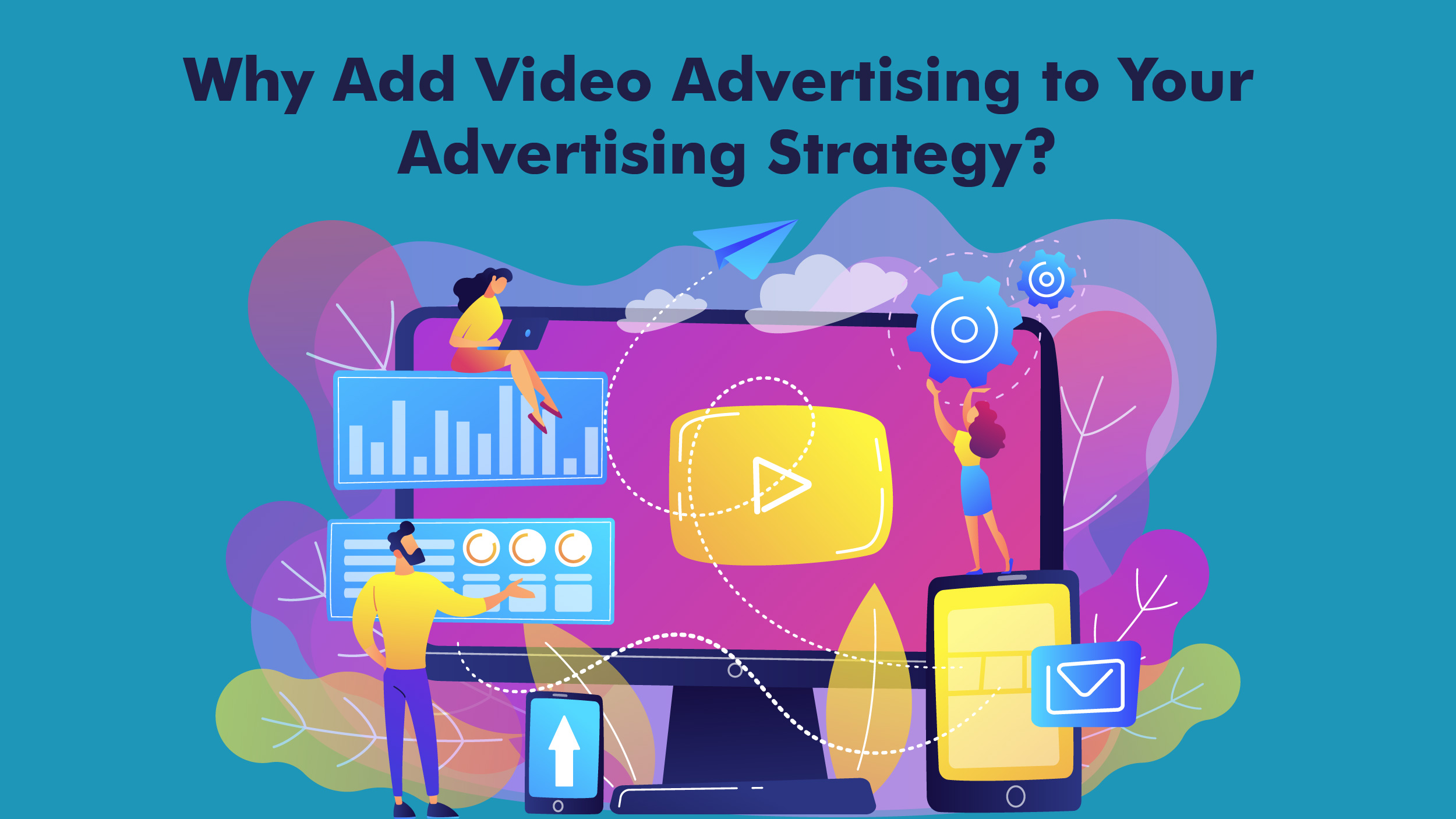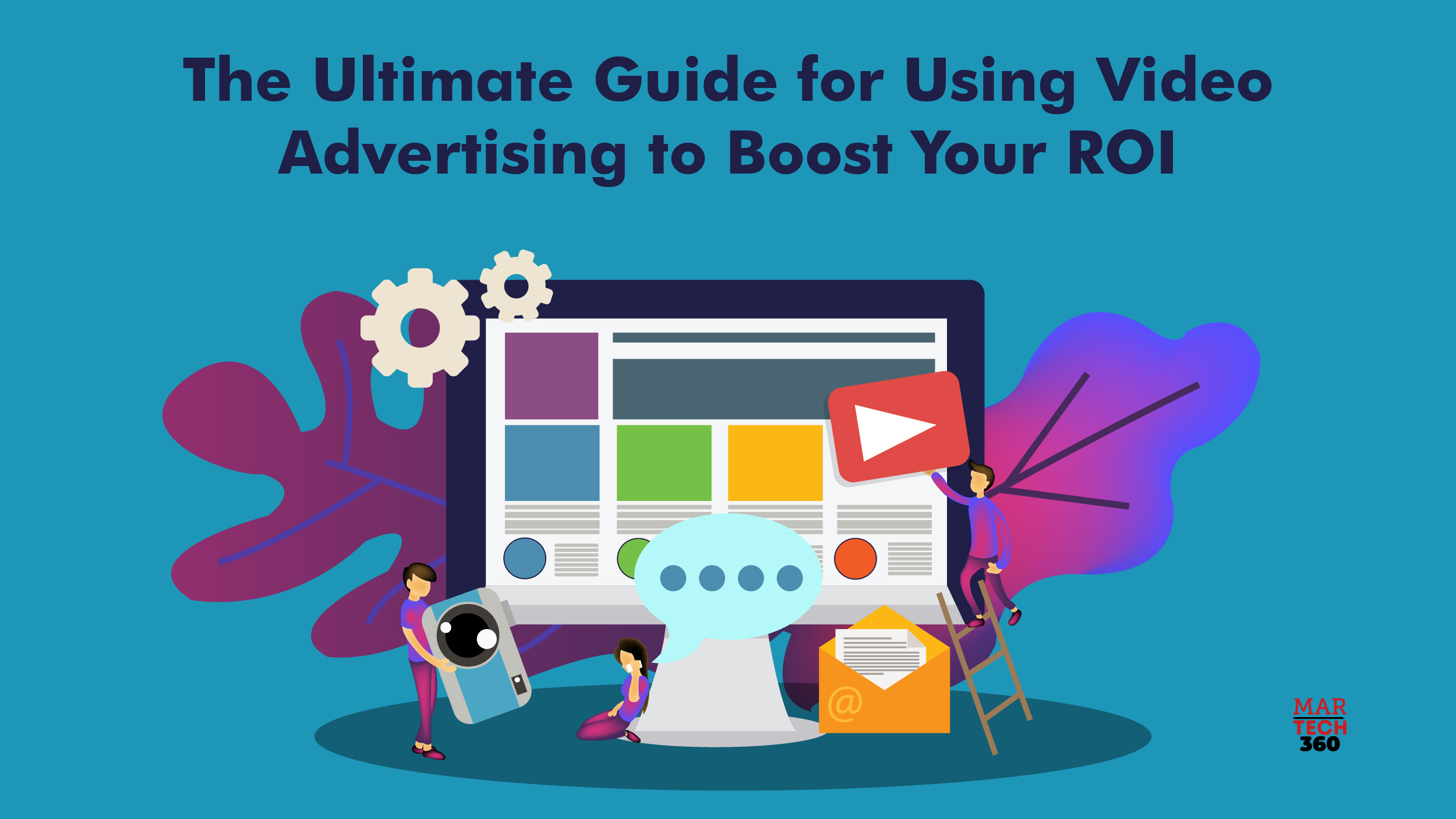Video advertising is by far the most interesting and effective marketing strategy. Video marketing is a highly demanding marketing technique, as it is seen as the “crown” of content marketing. By 2026, global video ad expenditure is slated to surpass $295 billion. That’s not all! More than $227 billion will be spent primarily on mobile video advertisements.
That prompts the question for marketers, “Where to from here?”
These commercials are a fantastic technique to draw customers to the company because they are so interesting and captivating. The only problem with this is that despite its enormous popularity, many individuals are still unaware of the scope of video commercials.
So, we’re breaking the seal for you and introducing you to the virtually limitless possibilities of digital video advertising.
What is Video Advertising?
Well, as the term suggests, video advertising is promotional content that appears before, during, or after streaming entertainment. However, some marketing experts broaden the definition of video advertising to include display advertisements with video content, social network video advertisements, and native video advertisements sold on websites, such as news websites, entertainment websites, or e-commerce websites.
Evolution of Video Marketing
 Video advertisements have been used by marketers for a while. Here is a quick history of how video advertising has changed over time.
Video advertisements have been used by marketers for a while. Here is a quick history of how video advertising has changed over time.
The first video advertisement was aired on television in 1941 and lasted for ten seconds. The 1950s and 1960s saw the peak of TV commercial appeal. Additionally, there was a time when companies held power over television programming. As a result, it is referred to as the “golden age of television advertising”, although it gradually lost its shine.
What Does Video Advertising Look Like Today?
Video marketing is a widely popular strategy for attracting customers. In fact, 54% of customers claim they would want to see more video content from the companies and brands they use to make purchases. However, there is a flip side to this. 67% of participants in a different survey said advertising formats that include sound in video are irritating. Meanwhile, 89% of marketers claim that their video advertising efforts have a strong return on investment, indicating that they routinely produce excellent results.
These statistics—both positive and negative —indicate that advertisers must take great care to make video commercials that the target audience finds to be truly helpful and relevant. The placement of a video ad is important as well because it should be as unobtrusive as possible. Viewers may be more likely to pay attention if an advertisement runs during a natural gap in the programming, such as just before a presenter introduces a new topic.
Why is Video Marketing Crucial?
Video advertising or video marketing is significant for a number of reasons:
- Capturing the audience’s attention: Video advertisements are more entertaining than other types of advertising, which makes them successful at getting the public’s attention and spreading brand messages.
- Increased brand recognition: By reaching a large audience and leaving a lasting impression, video advertisements can aid in enhancing brand awareness.
- Improved engagement: Video advertisements can encourage viewers to interact with the company by going to their website, buying something, or sharing the video on social media.
- Flexibility: The range of video advertising formats enables businesses to customize their advertisements for various platforms, target markets, and objectives.
- Measurable Outcomes: Video advertisements can be tracked and analyzed to gain important insights into ad effectiveness and audience engagement.
Types of Video Ads
There are three categories of video advertisements, according to the International Advertising Bureau:
- Linear video ads: We watch these commercials either before or after video content. These ads in no way break up the flow of your content.
- Non-Linear Video Ads: These are commercials that play while a video is playing, allowing viewers to see them while watching the content.
- Companion Ads: These are pop-up video advertisements that don’t disrupt video streaming. They appear somewhere on the sides of the screen when streaming and contain texts and graphics that do not belong to the original video content.
Some of you might believe YouTube to be the only venue for video commercials, however, this is untrue. Even though YouTube started online video advertising, many other platforms have video advertisements.
Why Add Video Advertising to Your Advertising Strategy?
 Your ability to engage with consumers who overlook text and banner ads will increase if you incorporate video into your campaign. Marketers are consistently expanding the resources they dedicate to video commercials, not necessarily the budget but most definitely the labor and time. Neglecting this trend will put you at a competitive disadvantage.
Your ability to engage with consumers who overlook text and banner ads will increase if you incorporate video into your campaign. Marketers are consistently expanding the resources they dedicate to video commercials, not necessarily the budget but most definitely the labor and time. Neglecting this trend will put you at a competitive disadvantage.
It takes more than one eye-catching image or headline to persuade someone to click on an ad. On the other hand, video advertising has numerous elements that people may find interesting or relevant. You can captivate viewers and persuade them to watch the entire commercial by using a catchy melody, a witty opening line, an emotive message, or a situation that they can relate to.
This will help you make your content so irresistible that your audience might never want to leave.
Uploading the Mix
Now that you know how crucial online video advertisements are, it’s time to take action and create a compelling video that will capture your audience’s attention. If you’re not sure where to start, there are plenty of resources available to help you, including video editing tutorials and templates. On the other hand, if you’d rather outsource the job, there are many video advertising agencies that can help you create a professional-quality video. As you embark on your video marketing journey, remember that success often comes from a blend of creativity, data-driven insights, and a commitment to delivering value to your audience.


Comments are closed.